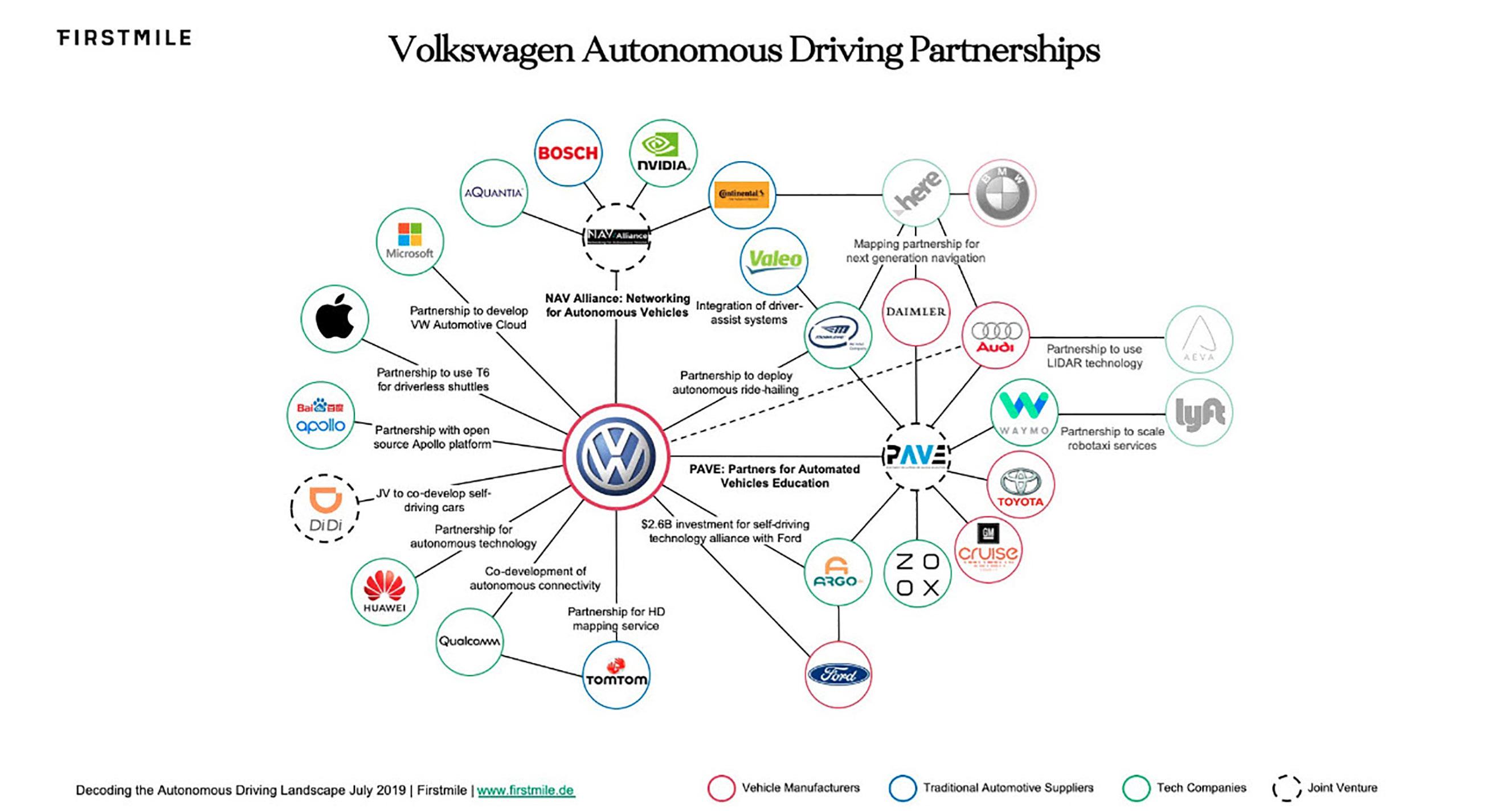
4 minute read
The do’s and don’ts for marketing in a recession
The coronavirus outbreak is firstly a human health tragedy, but has far-reaching economic consequences as well. It is high time companies start developing marketing strategies for the difficult times ahead.
AUKE HUNNEMAN, Associate Professor, Department of Marketing
Although governments and central banks have gone to great lengths to mitigate any adverse economic consequences, the IMF predicts that the global economy will contract sharply by 3 percent in 2020.
Since the 2000s, researchers have extensively studied the interrelationships between business cycles, marketing strategy, and firm and brand performance. By reviewing this literature, marketing managers can learn from past recession survivors and victims, and find practical advice for confronting a new and more difficult economic reality.
MARKETING PERFORMANCE IMPLICATIONS Consumers respond to crises in different ways. They cut back the total quantity of products and services purchased; they shift budgets across categories, switch to cheaper brand (or store) alternatives within the category, and/or postpone purchases.
Certain expenditures, like durables and tourism, are highly sensitive to business cycles. Consumers shift their budgets from positional (status-conveying) products to non-positional ones, and from discretionary to more necessary products, even if their total budget remains the same. Consumers may switch quickly from expensive national brands to cheaper store brands, yet they are slow to switch back. Several factors contribute to this phenomenon. Consumers lose trust quickly and only gain it slowly. People will also need to pay off their debts before increasing their spending again.
Similarly, troughs may be deeper than the peaks are tall. Consumers react much more strongly to losses than to comparable gains. This feature of our consumer psychology may cause households to reduce their spending in bad times, while only moderately changing their spending in a subsequent upturn. Knowing this, we should look at how firms can respond.
MARKETING SPENDING AND MARKETING MIX EFFECTIVENESS Firms often cut their marketing budgets in difficult times, while research shows that these periods provide great opportunities for strengthening your position by going against the tide. Still, many may not have the means to increase spending. For these firms, it is more useful to know which marketing activities give the biggest bang for their buck. So, what actions are most effective? Advertising Advertising is often seen as a cost rather than an investment. In addition, if fewer competitors engage in advertising, firms believe that lower budgets may suffice because one can obtain the same share of voice with less money. There is also the low commitment and flexibility in advertising contracts. Is cutting your budget a wise decision, though?
The literature is not conclusive; some studies find lower long-term advertising sensitivity in recessions, which would call for reduced spending, whereas others find the exact opposite. These contradicting findings are hardly surprising if you look at what determines optimal advertising spending: 1) unit contribution margin, 2) expected sales, and 3) advertising elasticity.
Lower expected sales would thus justify a reduced budget, but in which direction the advertising elasticity changes is far from obvious. It could go up if competitors cut back on their advertising, making it easier to obtain the same share of voice with less money. Advertising costs may drop due to a lower demand for advertising space, resulting in a higher return on investment. Lastly, a brand’s value proposition may be particularly attractive in a downturn, leading to a higher elasticity compared to competitors.
Hence, the optimal spending in a recession depends on the extent to which an increase in a brand’s advertising elasticity can offset an expected decrease in demand.
Price Lowering prices is smart if your customers are price sensitive, provided you can sustain a lower profit margin. Consumers will be more upset than usual when having to pay more without a concurrent increase in product quality. The effectiveness of price promotions in recessions is lower than when the economy expands. They are particularly bad for (luxury) brands that usually never compete on price. Be careful, as consumers consider such moves unusual, increasing the salience of the price attribute even more.
Innovations For largely the same reasons as mentioned previously, it is also common to lower R&D investments and reduce new product launches when times are tough. However, research shows a higher increase in return on R&D investments during recessions, making them potentially very lucrative, leading to higher growth and better long-term performance.
Taken together, these findings show that an economic downturn presents equally much a business opportunity as a threat. Those with enough resources to increase their marketing spending and/or the flexibility to invest more smartly may get a leg up on their competition. Hence, the quote attributed to Churchill that “you should never let a good crisis go to waste” also applies to developing the right marketing strategy. Successful companies act proactively and do not have a wait-and-see attitude. When a downturn hits, they adjust their spending to achieve optimal returns on their investments. In fact, the best even prepare before crises by investing in their brand and customer equity, as these assets are sticky and help to attenuate the negative consequences of a recession. After all, opportunity does not waste time with those that come unprepared. REFERENCES: Dekimpe, M.G. & B. Deleersnyder (2018) Business cycle research in marketing: a review and research agenda. Journal of the Academy of Marketing Science 46(1): 31-58. Hanssens, D. (2015) Empirical Generalizations about Marketing Impact (Relevant Knowledge Series). Marketing Science Institute, Cambridge Massachusetts. Pauwels, K. (2020, April 24) Myths on marketing in recession. Smarter Marketing with Better Results. https://analyticdashboards.wordpress. com/2020/04/10/myths-onmarketing-in-recession/.








